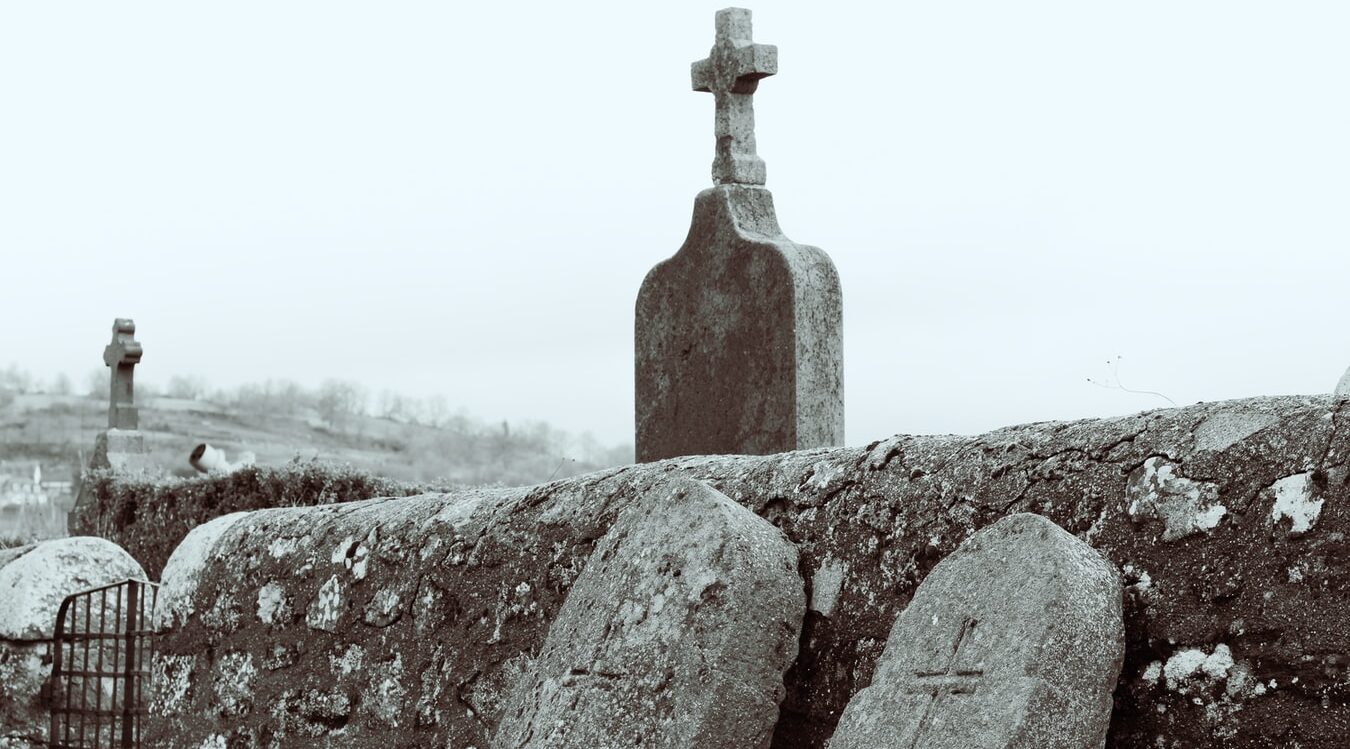This week’s memory verses bring us deeper into this blessed Psalm and introduce a biblical term which is under-used and not often understood—purity. As we continue to study Psalm 119 and memorize it, I trust that God is causing you to meditate on His Word throughout your day.
Memorization is a tool—a good tool—but the goal of scripture memory is to know God better and to allow His Word to affect your thinking and emotions—that you may live a life which pleases God and blesses you. This requires that you not only memorize the words and the word order, but you ought to be thinking about what these verses are teaching you!
Teaching You They Are
And teaching you they are! God’s Word is not simply a collection of stories, nor is it a random array of terms—it is the very thoughts of God which have been penned to paper that we may know His Spirit (2 Timothy 3:16;1 Cor 2:11-12). So when we read, meditate upon, and memorize the Bible, we are learning and being taught.
And this should come as no surprise to the man or woman familiar with the New Testament. In Romans, Paul refers to the doctrine that had been taught so that the church in Rome would know how to avoid false teachers (Romans 16:17). He explains to the Corinthians that the teaching they receive is God-given (1 Corinthians 2:13). Paul reminds the Ephesian church that they “learned Christ,” (Eph 4:20) because they had been “taught in him,” (Eph 4:21) and that fact ought to result in a putting off of their old selves (Eph 4:22).
So when the psalmist says in Psalm 119:12 “teach me your statutes,” it is a request to know the living God in such a way as to fulfill the desires of the righteous man’s heart, which are:
- to keep His way pure—accomplished by guarding it according to God’s Word—vs 9
- that he would not wander from God’s commandments—the result of seeking Him with his whole heart—vs 10
- that he would not sin against God—promised through the power of God’s Word living in his heart—vs 11
What a blessed hope we have that knowing God’s Word actually has the power to transform us in this life. Not only is God’s Word powerful to circumcise our hard hearts and bring us to salvation in Christ, but it is powerful to the sanctifying of our souls while we battle this sin-cursed flesh until the day Christ returns or we go to Him.
About Purity
In verse 9, a question is posed: How can a young man keep his way pure? And the answer is given: By guarding it according to your Word. It’s a simple enough concept. We can stay pure by keeping watch over our way, subjecting our choices to God’s counsel in His Word.
In Ephesians 5, this sentiment is echoed when Paul writes, “Look carefully then how you walk, not as unwise, but as wise…Therefore, do not be foolish but understand what the will of the lord is.” Our “walk” is the term we use to describe the way or the path that we are following. Our path is either lit by God’s Word, providing light to know His will or it is dark and guided only by our best intuitions.
And we know that one aspect of purity is being free from the stain of sin. That is, where sin dwells, there can be no purity. So, we can be sure that avoiding sin is an essential component of purity. See verse 11—I have stored up your Word in my heart that I might not sin against you. But let’s be sure we view purity comprehensively, and not just from a single angle.
Too often purity is viewed as solely the abstaining from something wicked or “bad.” A person who remains a virgin until marriage is an example of someone we often refer to as pure. Avoiding “bad things” is certainly an aspect of following God and His law. If God says “do not steal,” then not stealing is a good thing! But purity involves the positive aspects of obeying the spirit of God’s precepts in addition to the abstention from certain acts.
What I mean is that to pursue purity is more than simply to have a list of sins you won’t do. Pursuing purity involves doing all the good you ought to do every chance you have to do it. For it is the brother of Jesus who said:
So whoever knows the right thing to do and fails to do it, for him it is sin. (James 4:17 ESV)
And I can’t help but think he had Proverbs 3:27-29 in mind when he wrote the sentence above:
Do not withhold good from those to whom it is due, when it is in your power to do it. Do not say to your neighbor, “Go, and come again, tomorrow I will give it”–when you have it with you. Do not plan evil against your neighbor, who dwells trustingly beside you. (ESV)
You see, when you ask God to keep you pure—and when you work out your own salvation with fear and trembling—it is good to remember that the very thoughts of Jesus include many positive commands which you ought to be striving for along with obedience to the commands to avoid certain things. 1 Corinthians 13:4-7 contains aspects of how to love someone which are more than just “not doing them any harm.”
Jesus said that greater love has no one than this, that someone lay down his life for his friends—purity of heart dictates that you will do more than avoid really egregious sins, even more than fight heartily against respectable sins, but that you will actually strive to do justice, to love kindness and to walk humbly with God (Micah 6:8).
The Pure in Heart
Jesus tells us, “Blessed are the pure in heart, for they shall see God” (Matthew 5:8). The psalmist tells us that he seeks God with his whole heart (Psalm 119:10). This gives him hope that God will keep his heart pure so that he will follow God’s commandments. We saw this same phraseology in Psalm 119:2—the seeking of God with a whole heart.
And what did we conclude then? We concluded that it is Jesus who seeks God with His whole heart. It is only Jesus who is “pure in heart.” And, once again, we collide with the glorious doctrine of imputation—that Christ on the cross bore our sins, and that we are accounted as righteous because of His purity of heart and stunning resurrection. It is because Jesus really is and really was pure in heart that we have hope to see God without fear of judgment.
Everyone will, in a sense, see God. Every man is appointed once to die and then the judgment. We all have an appointment with the living God who will judge impartially according to each one’s deeds. So what is your hope? Do you hope that God will see your heart and overlook the stain of Adam’s sin on your person? Do you believe God will forget even the tiniest sin you’ve committed because of all the good you’ve done? Dear friend, our hearts are not pure, and we can no sooner purify ourselves than a grease-stained rag in an auto shop could cleanse itself.
We must be purified from the outside. That is, we are darkened and stained by sin in such a way that we are unable to wash it away from ourselves. Our very efforts to purify ourselves from our sin actually make us filthier. The futility of attempting to wash your hands with a dirty towel is the imagery I have in mind. As long as you wipe your hands with the dirty towel, the towel will stay dirty AND your hands will remain stained too.
No, dear friend, you and I need Jesus to purify us through faith in order that we might be seen as pure in heart in the eyes of God. And this is the promise that He gave to us, eternal life! God did not spare His only Son but sent Him to be the propitiation for our sins. Because the sinless Son of God died and rose again, God can and will account all those who come to Him, by faith alone, as righteous and pure of heart in His sight.
Wrapping Up
Yes, it is Jesus who stored up God’s Word in His heart and did not sin against God. It is Jesus who has sought God with His whole heart, keeping his way pure by guarding it according to His Word. And thus, it is Jesus who we call blessed forever, amen. Pray that He would teach you His statues, that you may be blessed in Him.
See all posts in this series
[loop type=”post” taxonomy=”tag” value=”Psalm 119″ format=”clean” orderby=date order=ASC author=same]
[field title-link][/loop]








You have to love God more than this life. This life is a blink of the eye. It is only…